
Az Osztrák Tudományos Akadémián 2025. június 24-én szerzői előadással és kerekasztal-beszélgetéssel mutatták be Molnár Antal, HUN-REN Bölcsészettudományi Kutatóközpont tudományos főigazgató-helyettese, a Történettudományi Intézet igazgatója új kötetét.

A Bölcsészettudományi Kutatóközpont „Lendület” Középkori Magyar Gazdaságtörténet Kutatócsoport Havi Színes címmel indított rovatának júniusi számában a kutatócsoport tagja, Kuffart Hajnalka: Hippolit és a lakájok című írását közölték.
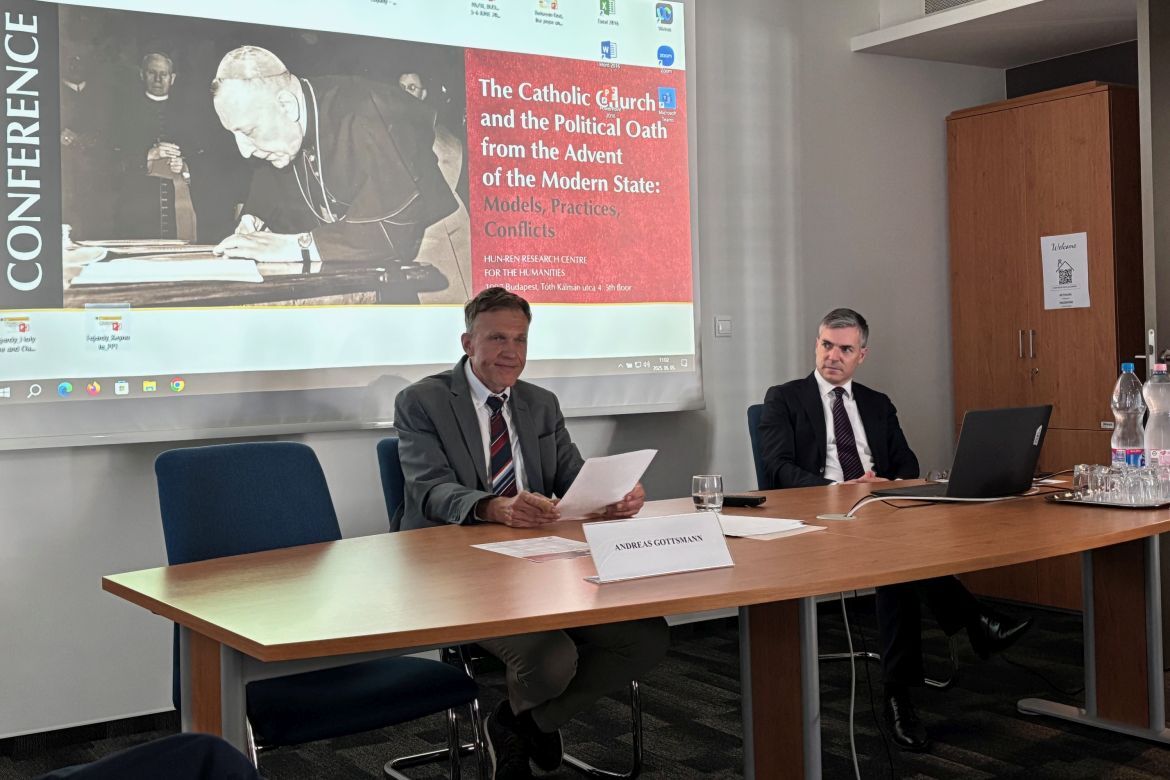
For the first time since the project began in 2022, members of the ERC “Negotiating Sovereignty” research team organized a major international conference on June 5–6, 2025, at the Institute of History, HUN-REN Research Centre for the Humanities.
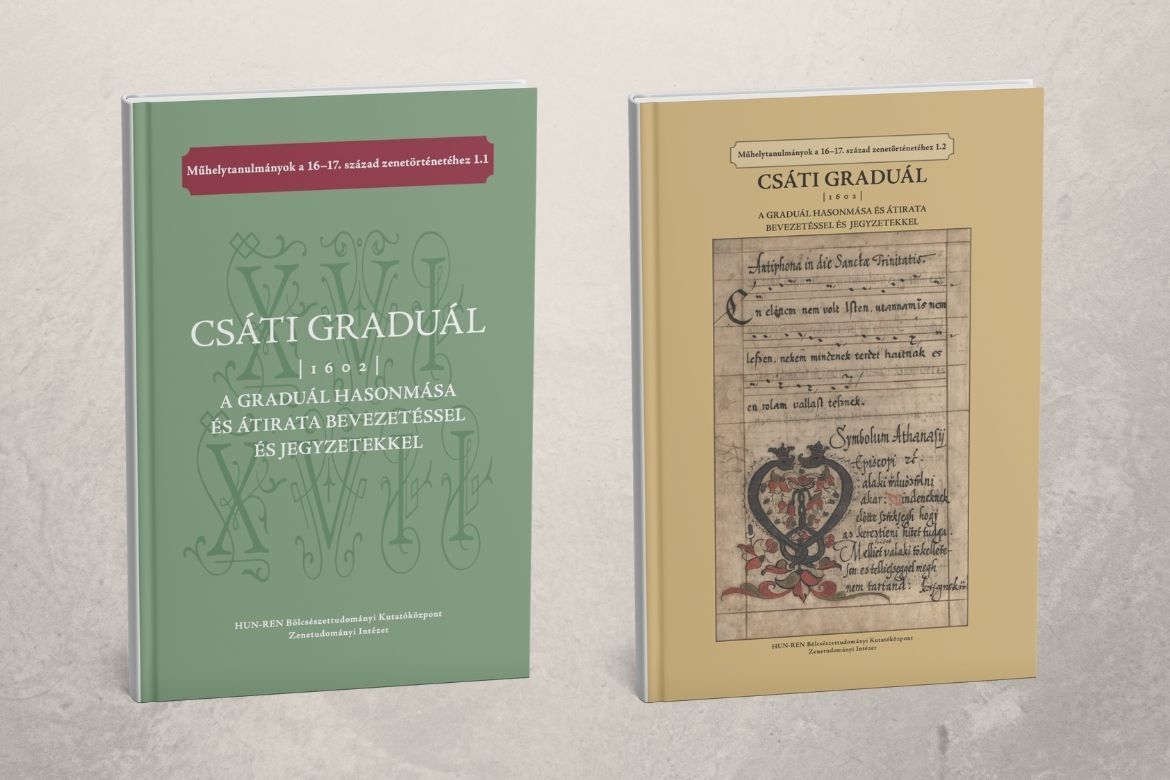
The Gradual of Csát, the earliest surviving manuscript Protestant gradual in Hungarian, currently preserved in the Scholarly Collections of the Sárospatak Reformed College – following a post-WWII absence of sixty years –, appears as the first pair of volumes (1.1 and 1.2) in the newly launched series of Studies to the Hungarian Music History of the 16th and 17th Centuries.
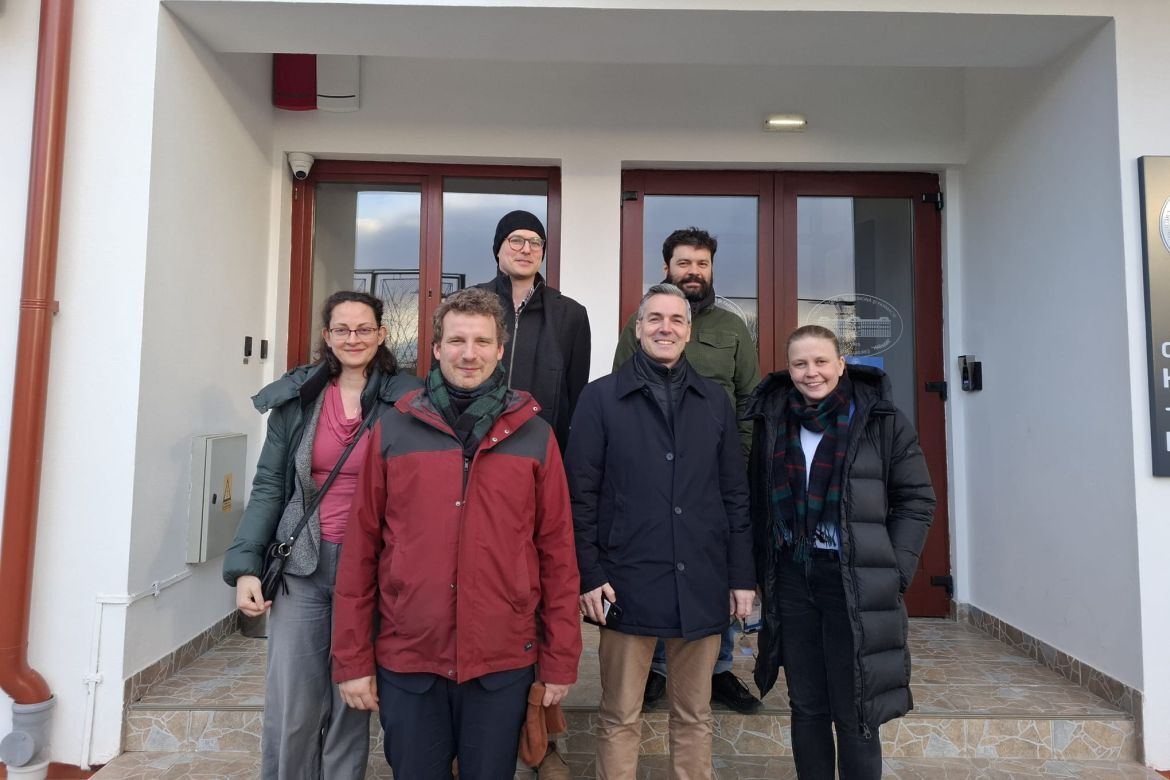
The members of the Negotiating Sovereignty ERC research group, led by András Fejérdy, held a conference and workshop on April 10, 2025, at the George Emil Palade University of Medicine, Pharmacy, Science and Technology in Târgu Mureş, Romania.
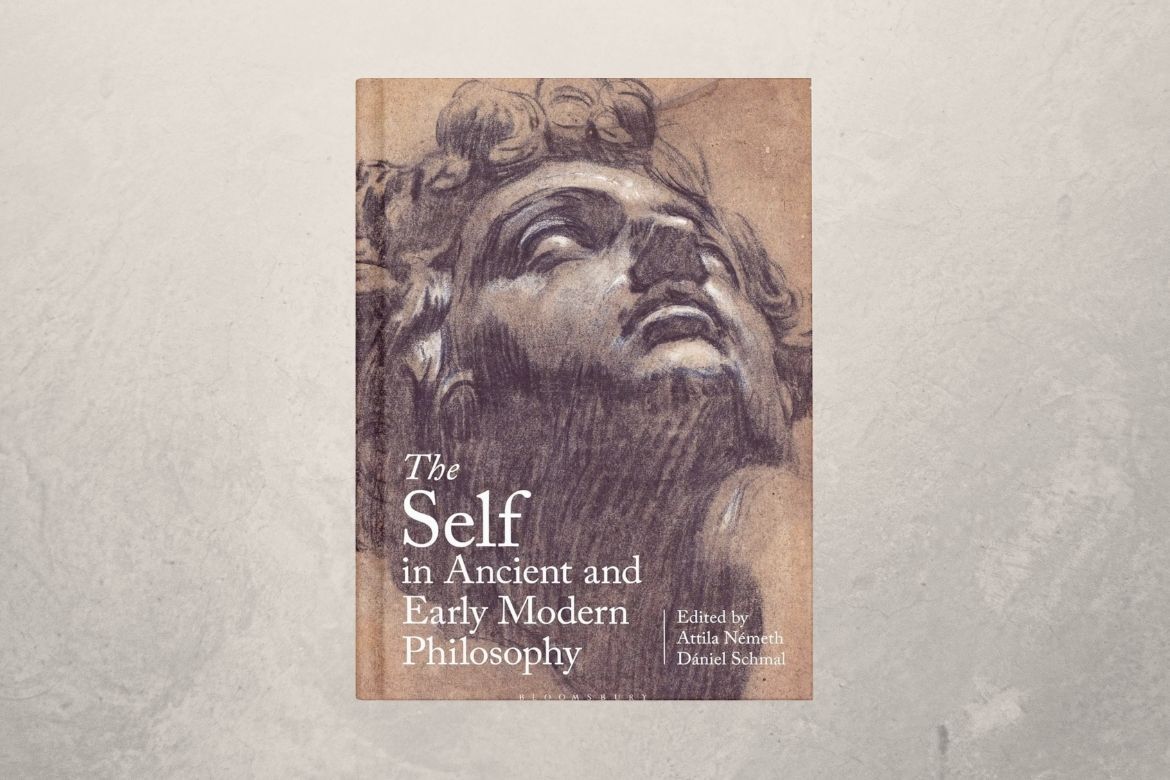
A new volume edited by Attila Németh and Schmal Dániel entitled Self in Ancient and Early Modern Philosophy has been published by Bloomsbury Academic.
The book is available in open access form via this link.
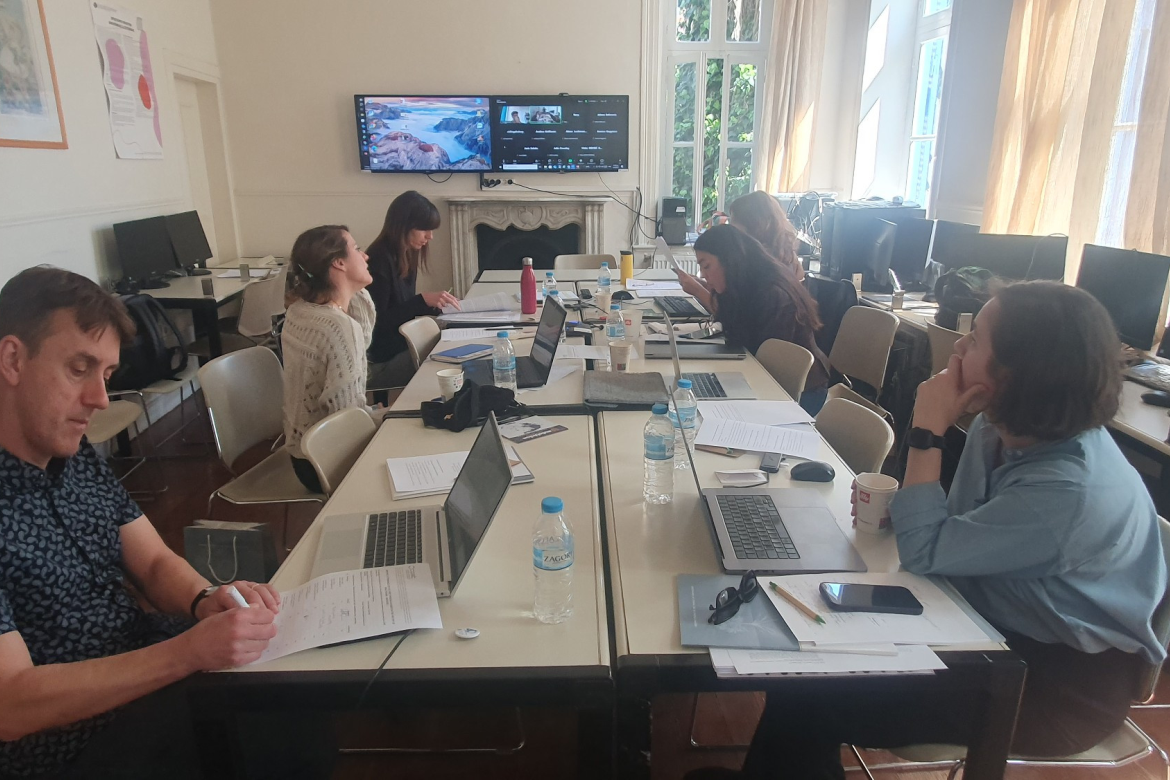
On April 4, 2025, Janka Kovács, postdoctoral researcher at our institute, gave a presentation at the hybrid workshop titled First-Person Accounts in the History of Healthcare, organized within the framework of the COST ACTION 22159 National, International and Transnational Histories of Healthcare, 1850–2000 project.
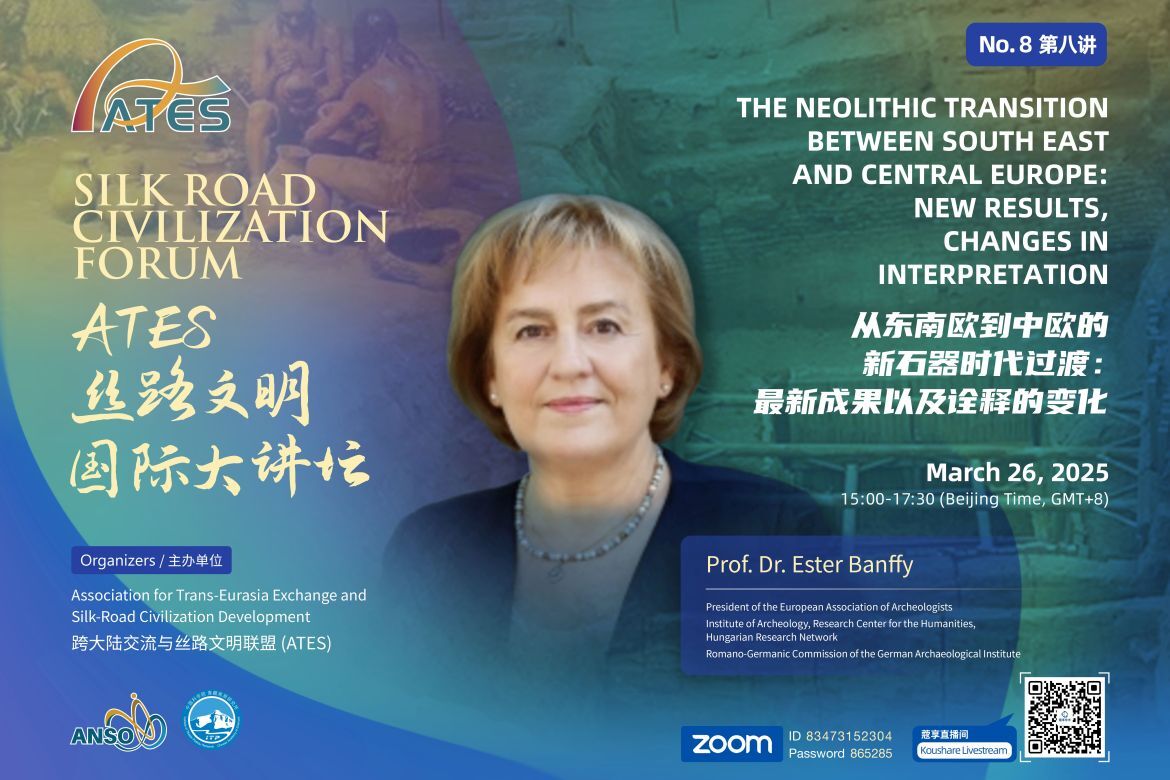
Eszter Bánffy, Research Professor at the Institute of Archaeology (HUN-REN RCH) delivered a presentation at the ATES Silk Road Forum on March 26, focusing on the Neolithic transition (6000–5350 cal BC) between Southeastern and Central Europe, and offering new perspectives based on recent research.
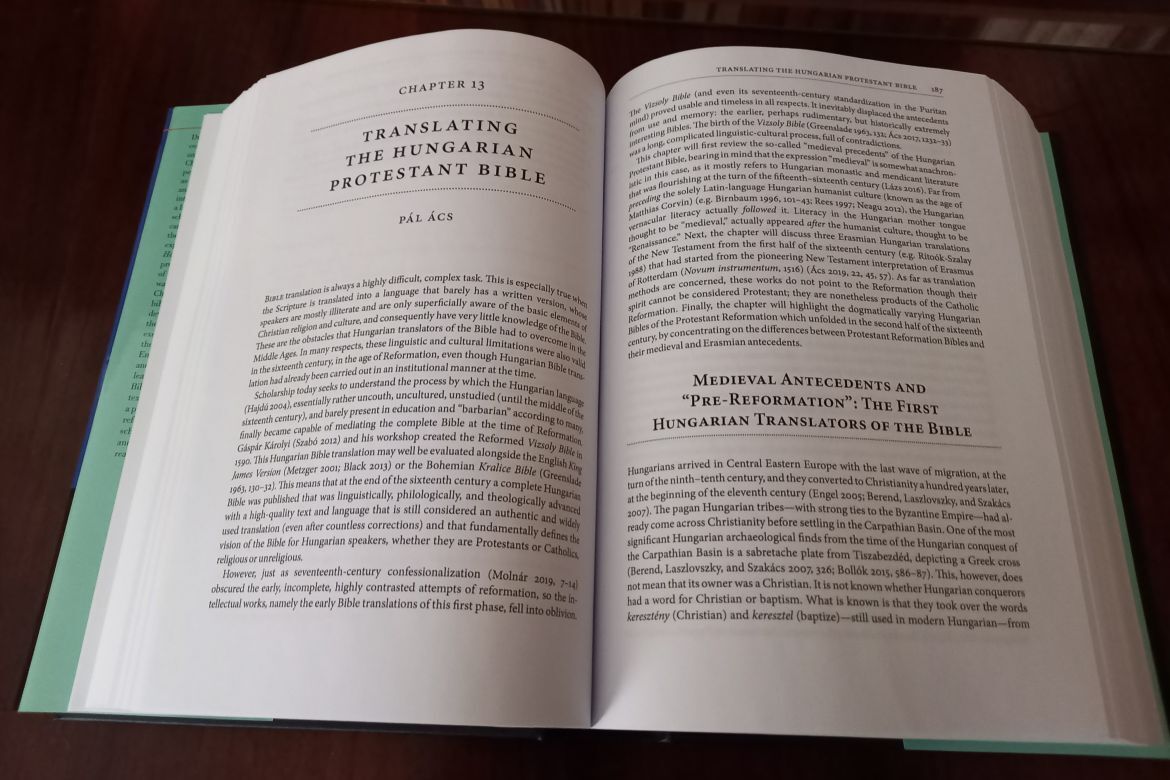
The Oxford University Press has published a study by Pál Ács, Institute Senior, Reserch Professor at the Institute of History on early Hungarian Bible translations, entitled Translating the Hungarian Protestant Bible.

The traveling exhibition presenting the "Kings, Saints, Monasteries" project of the HUN-REN Research Centre for the Humanities arrived in Pannonhalma on February 14, 2025.
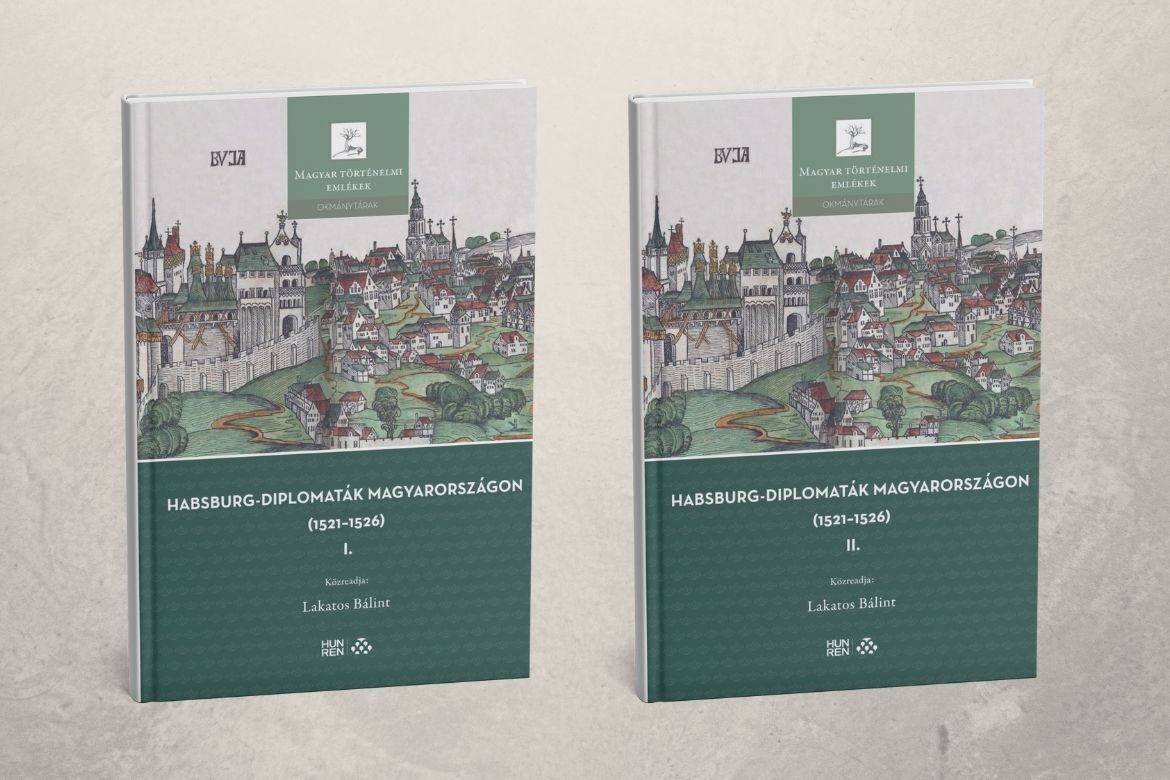
This sourcebook contains the diplomatic correspondence of the envoys who stayed at the court of Louis II, King of Hungary and Bohemia, between the summer of 1521 and the beginning of 1526, on behalf of Holy Roman Emperor Charles V of Habsburg and his brother, Archduke Ferdinand I.
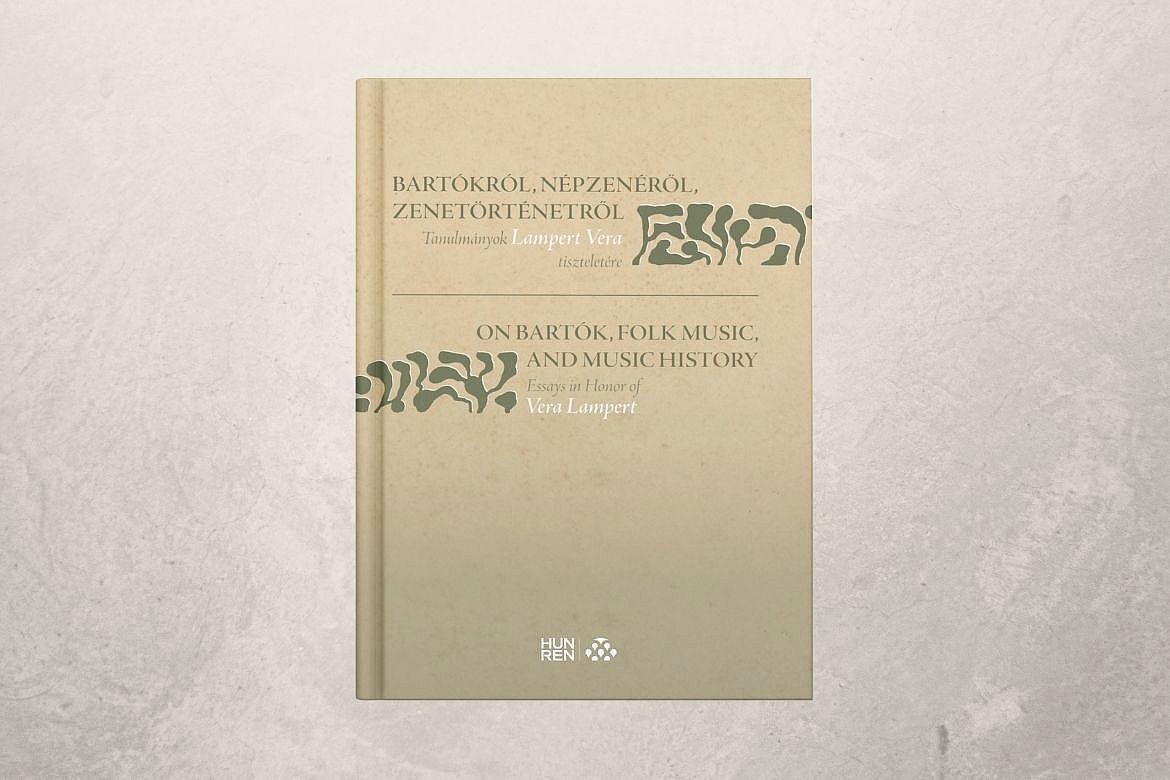
Published by the Institute for Musicology of the HUN-REN Research Centre for the Humanities, edited by Viola Biró and László Vikárius, the volume On Bartók, Folk Music, Music History – Essays in Honor of Vera Lampert was published.
For previous articles, check our Archived News.